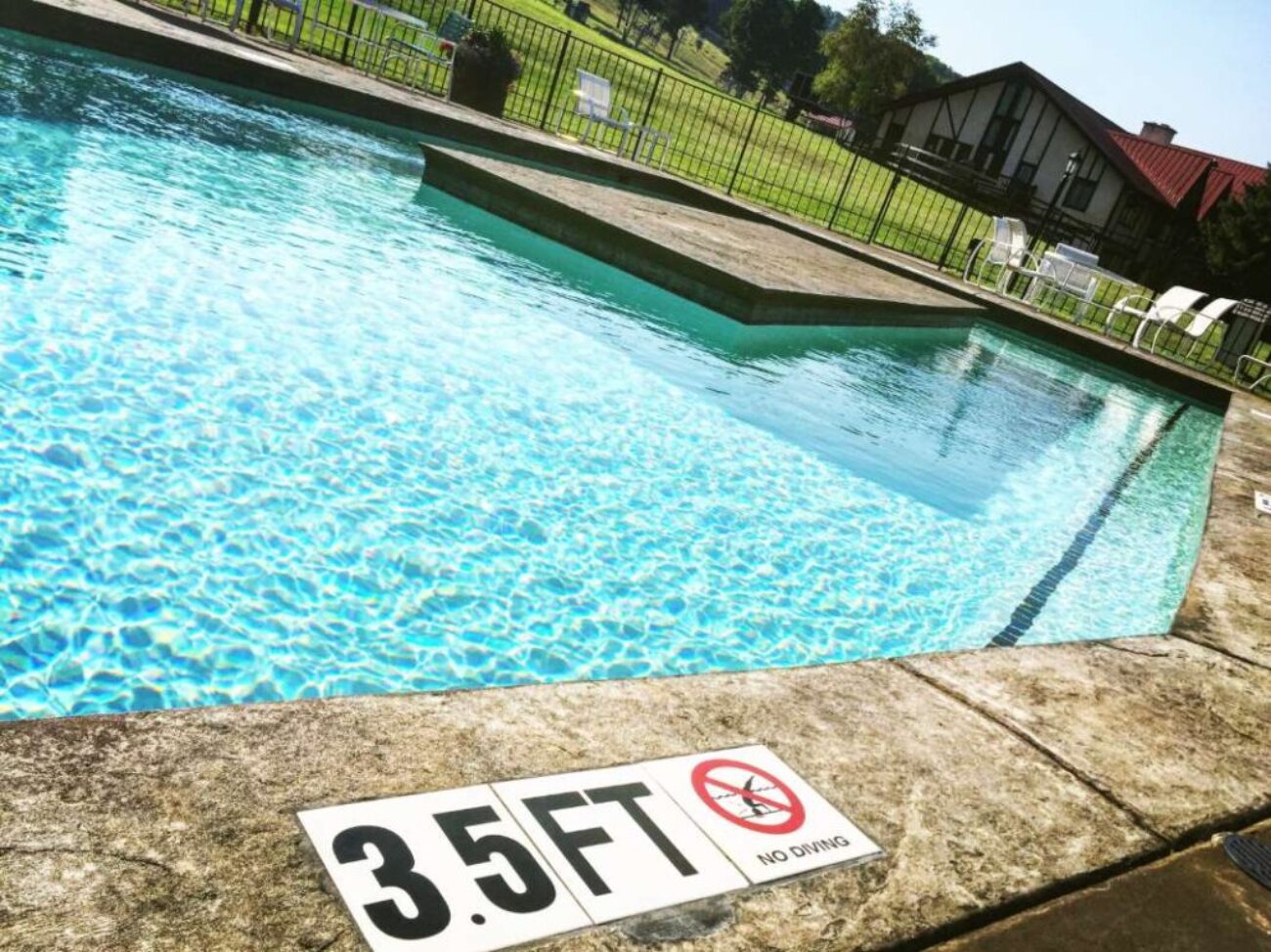Discover the essential timelines and expectations for pool route transfers to ensure a smooth transition into your new business venture.
Pool Route Transfer Timelines: What to Expect
When considering entering the pool maintenance industry, understanding the timeline for transferring a pool route is crucial. This process involves various steps, from the initial purchase negotiations to the final handover of the business. In this blog post, we will delve into the key timelines associated with pool route transfers, what factors influence these timelines, and how to prepare for each stage. Whether you are a first-time buyer or an existing pool service owner looking to expand, this guide will provide valuable insights into making the transition as seamless as possible.
The pool maintenance industry is thriving, particularly in states like Florida and Texas, where demand for pool services remains high. However, navigating the process of purchasing a pool route can be complex. You need to be aware of the typical timelines for various stages in the transfer process to ensure a smooth transition and minimize potential business disruptions. Understanding these timelines is not just about planning; it’s about positioning yourself for success in a competitive market.
Understanding the Pool Route Transfer Process
The pool route transfer process typically involves several key stages, each with its own timeline. The first stage is identifying the right pool route for sale, which can vary based on various factors such as location, customer base, and revenue potential. Once a suitable route is identified, the next steps involve negotiations, legal documentation, and the actual transition of business operations.
According to industry experts, the initial phase of finding and evaluating available pool routes can take anywhere from a few weeks to several months. Factors influencing this timeline include your specific requirements, the availability of routes in your area, and the responsiveness of the business broker involved. For instance, if you are looking for pool routes for sale in Florida, the demand might be high, leading to a faster selection process. On the other hand, if you are targeting a niche area with fewer options, the search could take longer.
Negotiation and Purchase Agreement
Once you have identified a potential pool route, the next step is negotiating the purchase agreement. This stage is critical as it will outline the terms of the sale, including the purchase price, payment structure, and any contingencies. The negotiation phase can take from a few days to several weeks, depending on the complexity of the agreement and the willingness of both parties to reach a consensus.
It’s essential to work with an experienced pool business broker during this phase, as they can facilitate negotiations and ensure that all aspects of the agreement are fair and transparent. For example, Tower Business Brokers, Inc. specializes in pool routes for sale and can provide insights into market pricing and negotiation strategies. Understanding market dynamics can significantly affect how quickly you reach an agreement.
Legal Documentation and Due Diligence
After finalizing the purchase agreement, the next critical step involves the legal documentation and due diligence process. This phase includes reviewing financial records, customer contracts, and any other legal obligations associated with the pool route. This stage is crucial as it helps to verify the legitimacy of the business and ensure there are no hidden liabilities.
This part of the process can take anywhere from two weeks to a month, depending on the complexity of the business and the thoroughness of the due diligence review. It’s vital to engage professionals, such as accountants and lawyers, to assist in this process. Their expertise can uncover potential issues that might affect the viability of your investment. If you’re unsure about what to look for, consider resources offered by business brokers who are familiar with pool route transactions.
Training and Transition Period
Once legalities are addressed, the training and transition period begins. This phase is critical as it involves the transfer of knowledge about customer preferences, service schedules, and operational practices. Typically, the seller will train you on the specifics of running the pool route, which can last from one week to several weeks.
During this time, it’s beneficial to shadow the current owner and engage directly with customers. This hands-on experience is invaluable for understanding the nuances of the business. Moreover, having a well-documented operations manual can expedite this transition. Tower Business Brokers, Inc. emphasizes the importance of training for new owners, as it directly impacts customer retention and the overall success of the business.
Post-Transition Support
After the transition period, new pool route owners may require additional support to ensure ongoing success. This support can include access to resources for marketing, customer retention strategies, and operational efficiencies. Depending on your arrangement with the previous owner, ongoing support can range from a few weeks to several months.
Furthermore, many brokers, such as Tower Business Brokers, offer continued assistance after the sale. This ongoing support can be crucial for navigating challenges as you establish yourself in the market. Having a reliable support system can significantly enhance your confidence and operational stability in the early stages of your new business.
Factors Affecting Transfer Timelines
While the general timelines described above provide a framework, several factors can influence the speed of the transfer process. These factors include:
- Market Demand: High demand for pool services can expedite the purchase process as routes may sell quickly.
- Broker Experience: An experienced broker can facilitate quicker negotiations and thorough due diligence.
- Buyer Preparedness: Having financial resources in place and being ready to act can shorten the timeline.
- Legal Complexities: Any legal issues or complications can prolong the documentation process.
Understanding these factors can help you better prepare for the transfer process and anticipate potential delays. Moreover, aligning with a reputable broker can significantly streamline each stage, ensuring you remain on track throughout the entire process.
Preparing for Your Pool Route Investment
To ensure a smooth transfer of your new pool route, preparation is key. Start by conducting thorough research on the market, including trends in pool maintenance and customer demographics in your desired area. This groundwork will position you better for negotiations and understanding the potential value of the route you are considering.
Additionally, consider creating a checklist for the various steps involved in the transfer process. This checklist should include items such as securing financing, compiling necessary legal documents, and scheduling training sessions. By having a clear plan, you can minimize stress and keep the transfer process organized.
Conclusion
The timelines associated with transferring a pool route can vary significantly based on numerous factors, including market conditions, the complexity of negotiations, and the effectiveness of training provided. By understanding these timelines and preparing adequately, prospective buyers can facilitate a smooth transition into their new business venture. Remember, the pool maintenance industry offers immense opportunities for growth and profitability, especially with the support of experienced professionals like Tower Business Brokers.
As you explore options for purchasing a pool route, consider the benefits of working with experts who can guide you through each step of the process. If you’re ready to start your journey into pool route ownership, contact us today to find the perfect pool route for your business needs!



